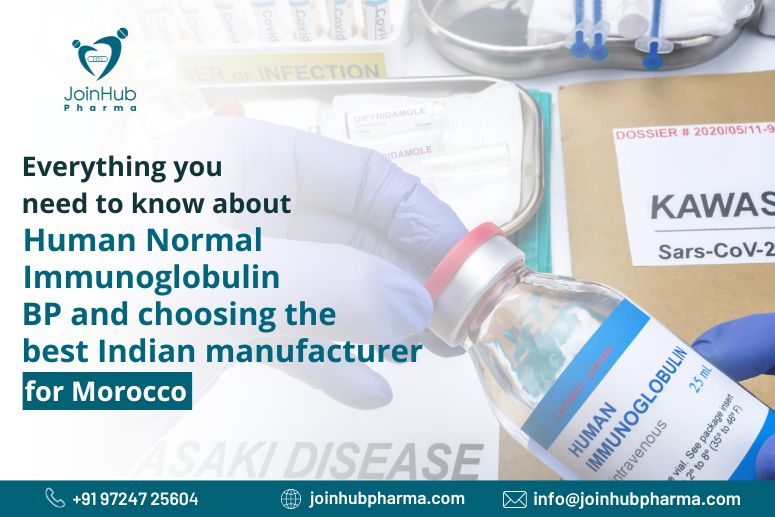Nigeria is the largest economy in Africa. It has a huge consumer market. In fact, Nigeria is considered the hotspot of the pharma industry in entire Africa. Unfortunately, the pharmaceutical companies have become victims of the recent recession.
The International Monetary Fund has decreased the GDP growth forecast of Nigeria to 1.8% in July 2016. Gathering the challenges faced by pharma manufacture in Nigeria:
- Absence of immediate accessibility to pharmaceutical products
- Lack of good quality of medicines
- The extremely high price of imported medicines
The respective challenges have urged certain things related to political and public interests in Nigeria:
- Promotion of self-sufficiency
- Development of capacity of local industries
- Creation of new jobs
- Freedom of international medicine suppliers
- Production of foreign exchange via local medicine exports
Pharmaceutical companies in Nigeria used to import dosage forms:
Majority of Nigeria’s developing countries used to import finished dosage forms till mid 20th century.
- Tablets
- Syrups
- Powders
- Suspensions
- Creams
- Capsules
- Parenteral preparations
- Suppositories
- Ointments
There was a lack of strict focus on local production of processing equipment, necessary dosage forms, and raw materials. But, the recent days are experiencing a shift towards local production.
More than the top 20 pharmaceutical companies in Nigeria are manufacturing simple medicinal products presently. Still, large numbers of pharma products come from India, Europe, China, the USA, Brazil, Taiwan, Pakistan, and so on. Experts say that Nigeria has to go a long way in the matter of producing medicines locally and meet the health needs of the citizens.
Let’s look at the recent prospects on Nigeria:
Local government and private manufacturing laboratories and research organizations are competing with many reputed foreign companies. In fact, pharmaceutical exporters in Africa are distributing their locally produced products to other nations.
Training is being given to the pharmacists. Lots of workshops and educational programs are being held in African countries. Now, people are showing confidence in the locally manufactured medicines that are good in quality.
Now, in Nigeria, highly trained and registered pharmacists consult about analysis of drug production as well as quality assurance. They have the power to give certificates to the deserved pharmaceutical companies in Nigeria.
Presently, there are many local industries producing starches for gums, non-internal preparations, plastic containers, etc. Now, local manufacturers no longer receive certain drug excipients from other countries. The top 20 pharmaceutical companies in Nigeria are manufacturing finished products, excipient raw materials, specific dosage forms, etc. for exporting and local usage.
Nigeria is developing a comprehensive commercial model:
The leading pharma companies in Nigeria are revisiting the commercial model. They are coming up with innovative strategies for the country ensuring certain aspects.
Firstly, they are focusing on the actual ambition related to the global priorities and Nigeria’s present conditions.
Secondly, stress is being given to the main buyers and the value they can bring.
Thirdly, strategies are working on geographical conditions including districts and cities to prioritize.
Fourthly, improvement of the product portfolio is being done.
Fifthly, the experts are finding the right ways to address patients’ pain points easing their access to high quality pharmaceutical products.
Sixthly, they are researching the best sales and distribution model that can enable patients to the right healthcare solution.
Seventhly, stakeholders from local areas and international zones are taking interest in investing in Nigeria’s pharmaceutical industry. The pharma companies in Nigeria are approaching long-term partnerships with big medicine producers from India, Europe, China, etc. Extensive research is going on about the return on investment and sales growth.
Eighthly, specialist pharmacists are finding skill gaps and organizational flaws. They are planning for filling the potential gaps for the growth and development of Nigeria’s pharma industry.
Ninthly, plans are being held in order to reach milestones, targets, etc. to make the future pharma market better.
As per estimation, the Nigerian pharma market value can increase by approximately 9% each year. By the year 2026, it can reach around $3.6 billion. It will be the largest market in South Africa. Again, as per expert study and opinion, Nigeria will gain the power and capacity to contribute approximately $2.2 billion to pharmaceutical sales which will include prescription drugs and other products.
In short:
Nigeria is gradually overcoming the past and current challenges. The nation is progressing towards a strong pharmaceutical industry that can export good quality drugs at affordable prices. The pharmacists are getting training from internationally certified professionals. They are concentrating on boosting the local market so that entire Africa doesn’t have to import costly drugs from outside.
Many multinational pharma companies have set up their manufacturing units in Nigeria and are contributing a lot to increase the market capacity. Local people are given education and training so that they can be employed. People’s life is getting better as they can now avail proper healthcare at an affordable cost within the country.










